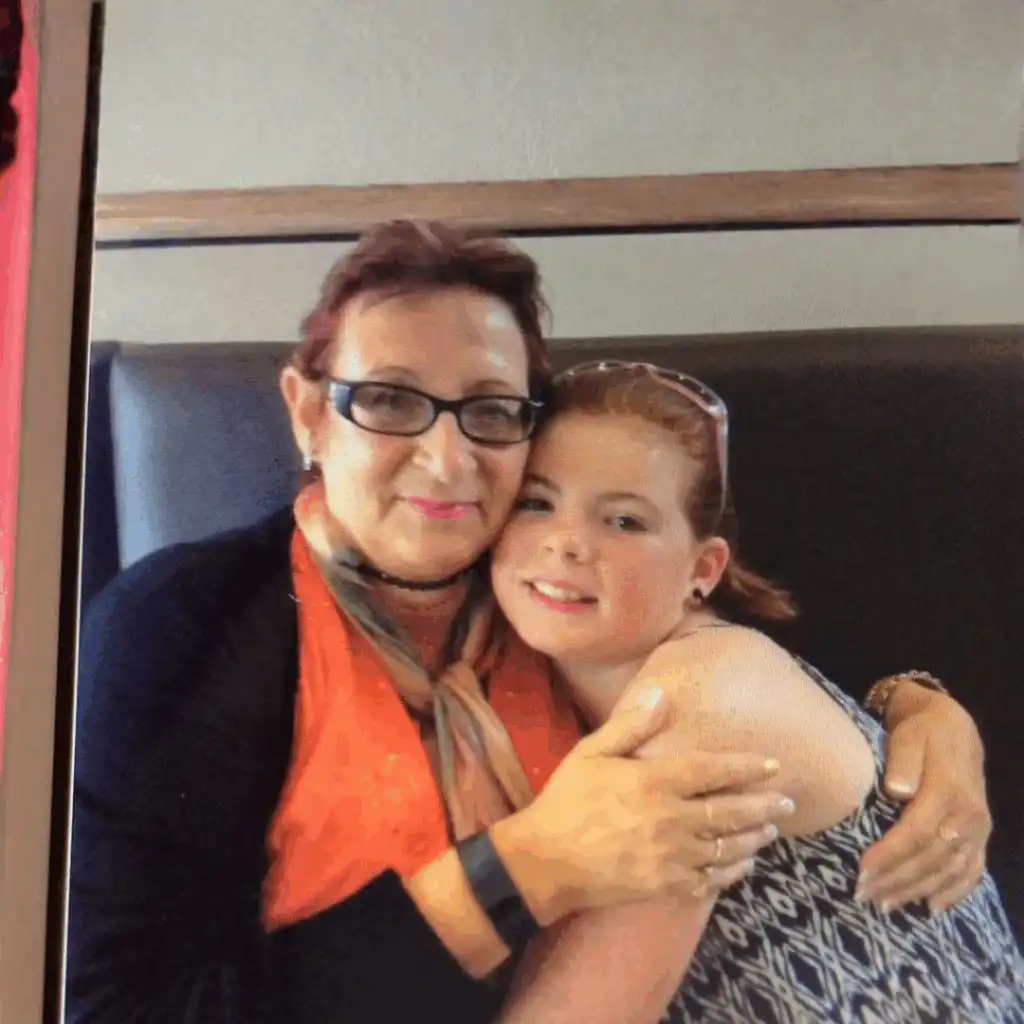Looking after yourself as a carer to guard against burnout is extremely important. When you are caring for a loved one, you may lose sight of the need for, and benefits of, self-care to maintain your own emotional and physical wellbeing. It can be difficult to find time to prioritise your own wellbeing and even when you do take time for yourself, you may still feel guilty. Self-care is not selfish but an essential thing that all carers need to do. Remind yourself that this time away from your loved one will help you to avoid burnout and to return to your carer role with renewed vigour and energy.
If you do struggle with feelings of guilt, try to practice mindfulness on that emotion, let it sit there for a while, then let it pass.
Some ways you can practise self-care:
- Find someone to talk to, a friend, support group or mental health professional
- As much as possible, maintain daily routines
- Try to eat healthy food
- Allow yourself time to rest
- Get some exercise, even if just a walk around the block
- Have a regular bedtime and wake-up time
- Book regular appointments with your GP, dentist, hairdresser and other services that help you to stay healthy and feel good
- Ask for help from family, friends, support services
- Allow yourself to have ‘good days’ and ‘bad days’, ‘good moments’ and ‘bad moments’
- Accept that there will be times when you feel angry, frustrated and upset. This is normal and does not mean you are a bad person or carer
- Get advice on what is realistic for you to achieve
- Make time for hobbies and interests that make you feel good
- Ask friends to come around for a chat and visit them
- Make a list of things that you can do when you feel a bit flat and low.
“You can become very overloaded and I have had trouble even reading a newspaper. It is important to undertake restorative activities like yoga or meditation. Doing exercise also helps my mental health. It helps me stay in the moment.”
– Anonymous, parent-carer for someone living with Pulmonary Arterial Hypertension.
Recognising carer burnout

Every caregiver still needs to make time to do things for themselves. Caregivers still need to go to their own appointments, get a haircut, catch up with friends, go shopping, pursue a hobby, have time to bathe, do household chores and just relax with a good book or TV show. Caring for someone who is unwell can eat into your available time to do the things you need to do for yourself, including relaxing and resting.
If you don’t find time to pursue these things, or repeatedly put them off, you will eventually be at risk of caregiver burnout. Burnout is a very real dilemma for many carers, especially if they have been in a caring role for a long time or there has been an intense period of caring and worry.
“I realised there was no use trying to be mighty woman.”
-Anonymous, carer for someone living with bronchiectasis.
Signs of carer burnout
Burnout is generally described as a ‘state of physical, emotional and mental exhaustion’. Looking out for the early signs is essential, as it is easier to get back to your ‘normal self’ if you recognise it and intervene early. Let other people you are close with know the signs, as sometimes caregivers are the last person to notice or acknowledge that they are not feeling good. Signs and symptoms of caregiver burnout may include:
- Changes to sleep
- Irritability
- Feeling like you can’t concentrate
- Withdrawing from family, friends and social activities
- Losing interest in things that you once found enjoyable
- Change in appetite, weight or both
- Feeling flat and low
- Teary
- Mood swings
- Feelings of hopelessness and helplessness
- Lack of energy or feeling exhausted
- Experiencing suicidal thoughts
- Having thoughts that you want to hurt the person you are caring for.
If you are experiencing all or some of these, you should talk to a mental health professional about the fact that you might be experiencing carer burnout. You can recover and prevent it with support and self-care routines.
Respite
More formal respite care might not be necessary for everyone but for some, it will be essential. Respite can come in many forms and each state and territory will have different options and processes. Talking to your GP, respiratory team and/or local hospital is a good place to start finding out what might be available and suitable.
Formal respite care can allow the carer to undertake some essential self-care, firm in the knowledge that their loved one is also well cared for. Some respite can be done in home for a few hours at a time while other respite might be for longer periods in assisted care facilities.
Making time for yourself is what gives you the capacity to carry on caring.
Are you looking for more information about caring for your mental health and wellbeing?
Was this page helpful?
Good job! Please give your positive feedback
How could we improve this post? Please Help us.



